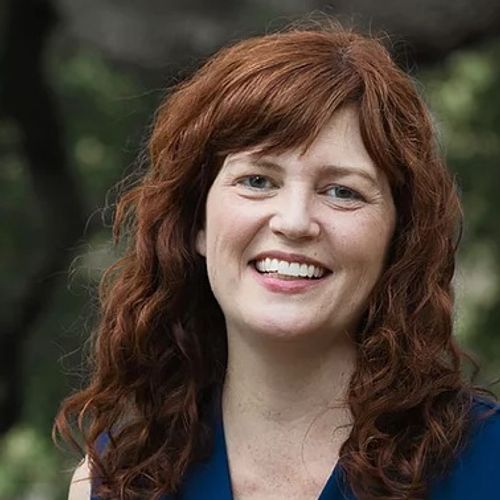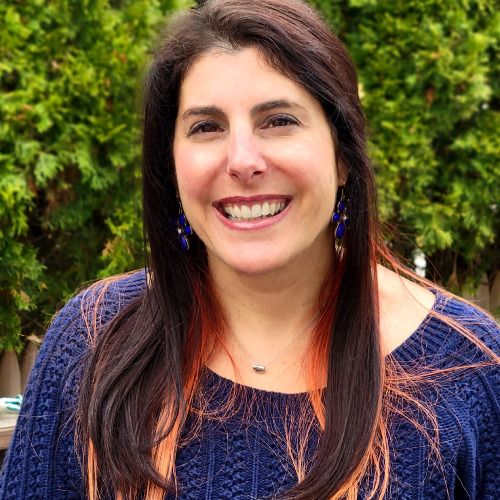Episode 76
Need Sex to Feel Connected While I Need to Feel Connected to Have Sex
Welcome back to the WDMP Podcast. Today’s question leads us into exploring what we each understand sexual intimacy to mean, and what we can do if that understanding doesn't seem to line up with our partner’s. We’re encouraging you, dear listeners, to start to learn about and understand your own sexual templates: what are your likes and dislikes, what are some of the beliefs you have about what those preferences mean, and what in your history has led you there? When you and your partner each engage in that personal work, then there’s an opportunity to talk to each other, confront the projections that might be going on, and come to a place of greater intimacy and understanding.
Quotes:
"There's a huge range of how we express ourselves and how we embody ourselves sexually."
"Foreplay begins 48 hours before you're intimate with each other."
"We're sold this lie, through Hollywood and everything else, that there's something about sex that's supposed to be natural, and we're all supposed to get it."
"We're basically looking at two things when we talk about sex. We're looking at, where's the arousal, where's the gas? And where's the brakes?"
A great resource for working through discovering your own sexual template is Sex When You Don't Feel Like It: The Truth about Mismatched Libido and Rediscovering Desire by Cyndi Darnell.
You can also listen to Cyndi's interview with Rebecca on our sister podcast here: Connectfulness S3E42: The Truth About Mismatched Libido & Desire with Cyndi Darnell.
Share your questions with us at whydoesmypartner.com/contact
If you want to dive in deeper, consider attending our upcoming workshops. Learn more at whydoesmypartner.com/events
This podcast is not a substitute for therapy with a licensed provider.




